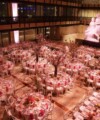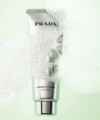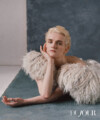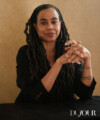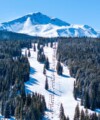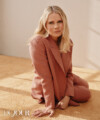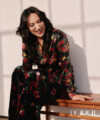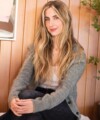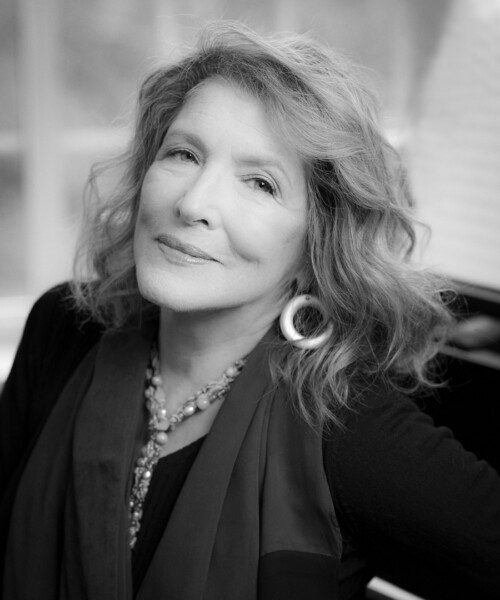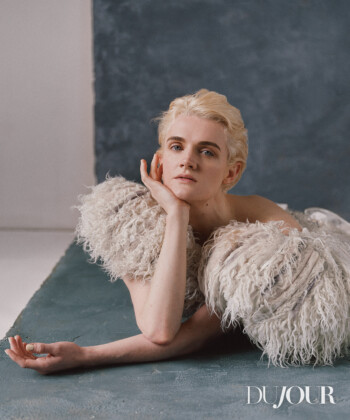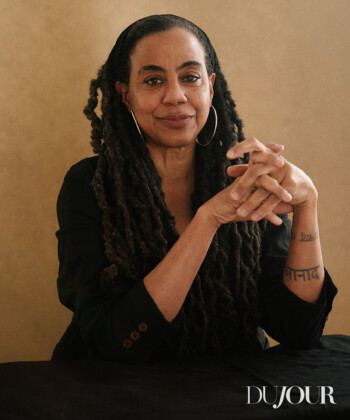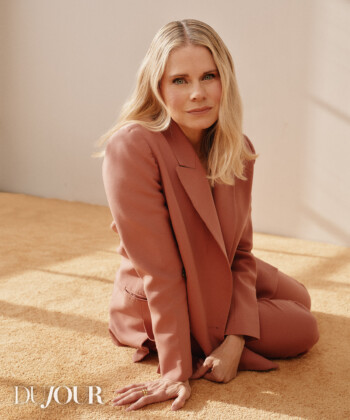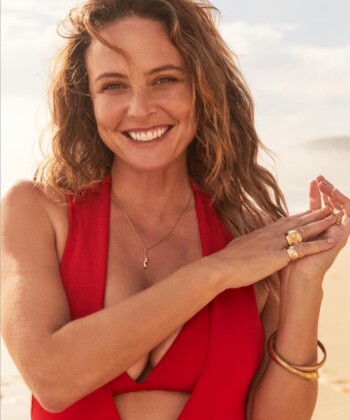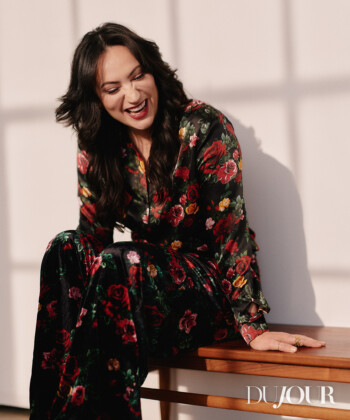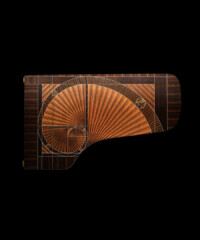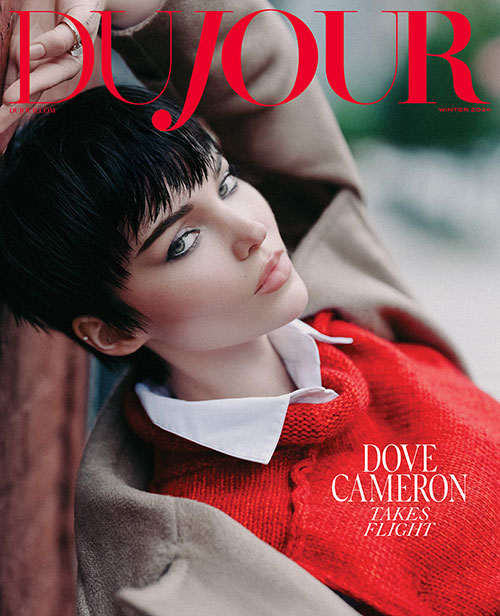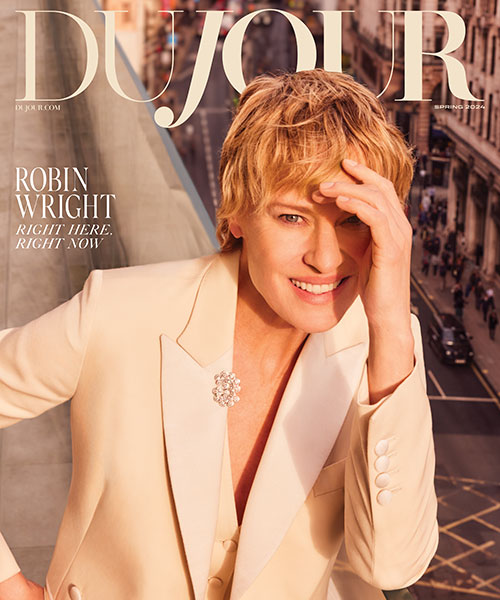Lucy Simon’s earliest musical work was truly a family affair; she played alongside her sister Carly—yes, that Carly—in the 1960s folk duo The Simon Sisters. These days music is still Lucy Simon’s preferred creative outlet, but she’s striking out on her own.
Dr. Zhivago, the latest project from the Tony-nominated composer of The Secret Garden, has just opened on Broadway and Simon’s Russian-inspired score plays a huge role in creating the atmosphere of love and war that made the show’s source material—the 1957 novel by Boris Pasternak—an enduring hit. (The subsequent 1965 David Lean film, starring Julie Christie and Omar Sharif was nominated for 10 Academy Awards and won five.)
Here, Simon discusses her creative process and what surprises Zhivago fans are in for.
How did you decide to be part of bringing Dr. Zhivago to Broadway?
It was actually my idea to do it; I’m the one who got the rights. I’ve always loved Russian music—my father was a pianist and his favorite composers were Tchaikovsky and Rachmaninoff— and I wanted to do something that contained that palate. So, I went through all of the Russian possibilities and thought Dr. Zhivago was so wonderful because really what it’s about is art and love rising above the ashes of the war and destruction. That’s what lives on.
Was there any hesitation to do something that was already so well known?
I never thought about that. I was just blindsided. I thought what a wonderful event that happens, this Pasternak novel that told the heart of the Russian people during this oppressive time. That’s what ignited my excitement about it. I wasn’t thinking about how people love the movie and love Julie Christie in it. This is a different animal.
So people coming in expecting a musical version of the film are in for a surprise?
Right, and I think one of the problems is this isn’t the movie version of it. It’s looking at the reality of war and what was going on in terms of suppressing artists and killing people for disagreeing with the government. That’s what are show became. Of course, initially I was much more captured by the love story, but Des [Mcanuff, the director] is very much into reality and so this became his version of events with my romantic music.
So, how did you begin composing for the show?
I wanted to feel the voices of the people, so I experimented musically and with my voice, because my primary writing instrument is my voice. You should hear some of the early tapes I did of The Secret Garden with me at the piano and four voices on multi-tracks. And I did that with Dr. Zhivago, I got one voice and then I added another. I knew who these people were through my own voice.
How much does the traditional Russian music influence what you’ve written?
There are so many Russian composers that I’ve been listening to nonstop so that they go through my system. And the Russian folk music; I love their folk music! I was a folk singer myself, so I listened to a lot of that.
How has the music from the show changed from when you first staged it?
We’ve probably written 100 songs. We’ve been at this a long time, so we’ve tried out a lot of things. I think that our opening number, which is now “Two Worlds,” is our fourth opening number. That’s traditionally the hardest number to get.
Zhivago comes at an interesting time for the Russian people. How aware of that were you in working on the show?
It’s very topical and important. Oh, my God, just look at a newspaper.


